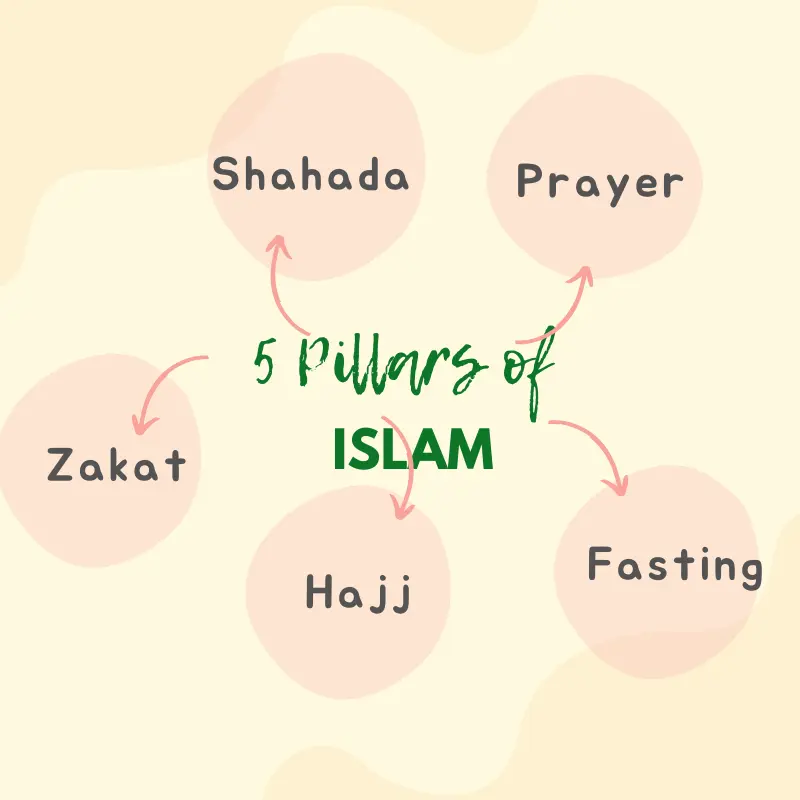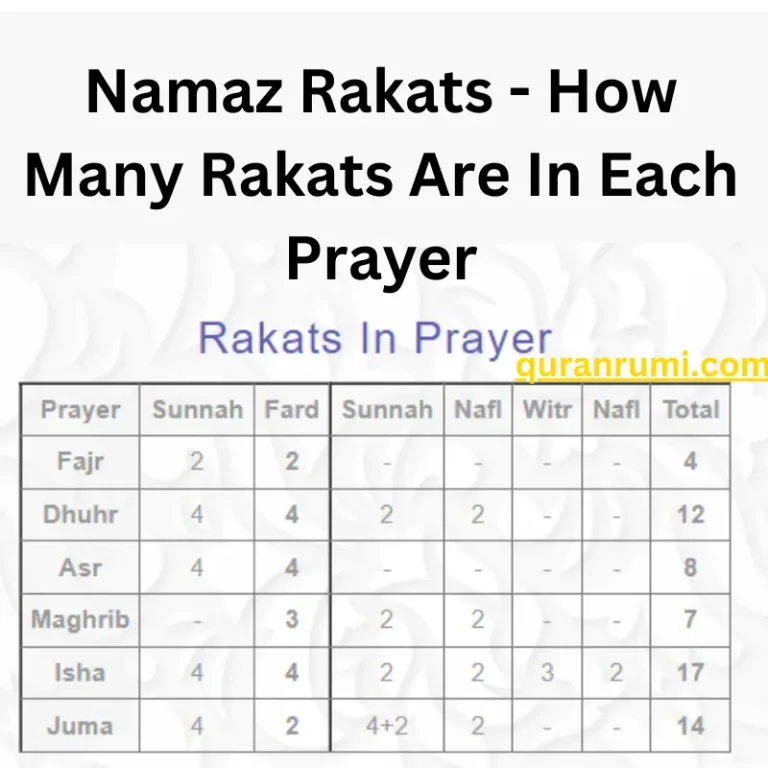The Five Pillars of Islam: A Comprehensive Guide to Spiritual Foundation and Practice
The Five Pillars of Islam serve as the cornerstone of Muslim faith and practice, providing a spiritual framework for believers worldwide. In this comprehensive guide, we will explore each pillar in detail, shedding light on their significance, rituals, and the profound impact they have on the lives of Muslims.
Pillar 1 – Shahada (Declaration of Faith)
The Shahada, or the Declaration of Faith, is the first pillar of Islam. It is a simple yet profound statement that encapsulates the essence of Islamic belief. Muslims recite, “There is no deity except Allah, and Muhammad is the Messenger of Allah.” By uttering these words sincerely, individuals bear witness to the oneness of Allah and the prophethood of Muhammad, acknowledging them as the foundations of their faith. The Shahada serves as a unifying force among Muslims, affirming their shared beliefs and creating a strong sense of community.
Pillar 2 – Salah (Prayer)
Salah, the second pillar, is the ritual prayer performed by Muslims five times a day. It serves as a direct means of communication with Allah and a spiritual connection to the Divine. Muslims face the Kaaba in Mecca and engage in a series of physical movements and recitations, including standing, bowing, prostrating, and sitting. Through Salah, Muslims express their gratitude, seek guidance, and find solace in the remembrance of Allah. It promotes discipline, mindfulness, and spiritual growth, strengthening the bond between the individual and their Creator.
Pillar 3 – Zakat (Charity)
Zakat, the third pillar, emphasizes the importance of generosity and social responsibility. It is an obligatory act of charity, requiring Muslims to contribute a portion of their wealth to support those in need. By giving Zakat, individuals purify their wealth and demonstrate their commitment to communal well-being. The calculation of Zakat is based on specific criteria, and it is distributed to designated recipients such as the poor, needy, and other deserving individuals. This pillar fosters empathy, compassion, and equality within society, ensuring that wealth is shared and poverty is alleviated.
Pillar 4 – Sawm (Fasting)
Sawm, the fourth pillar, refers to the observance of fasting during the holy month of Ramadan. Muslims abstain from food, drink, and other physical needs from dawn until sunset. Fasting serves as a means of self-discipline, self-control, and purification of the soul. It teaches patience, gratitude, and empathy for those less fortunate. The fast is broken each day with a communal meal known as Iftar, fostering a sense of unity and togetherness among Muslims. Sawm provides an opportunity for spiritual reflection, increased devotion, and seeking forgiveness.
Pillar 5 – Hajj (Pilgrimage)
Hajj, the fifth pillar, is the annual pilgrimage to the holy city of Mecca. It is a mandatory duty for Muslims who are physically and financially capable. The pilgrimage involves a series of rituals performed over several days, including the Tawaf (circumambulation of the Kaaba), Sa’i (running between Safa and Marwa), and standing at the plain of Arafat. Hajj represents the unity of the Muslim ummah (community), as millions of believers from diverse backgrounds come together to fulfill this sacred obligation. It serves as a transformative journey, purifying the soul, and fostering a deep connection with Allah and fellow believers.
Five Pillars of Islam Worksheet
Understanding the Five Pillars of Islam is essential for a comprehensive understanding of the Islamic faith. By completing this worksheet, you have gained knowledge about the Shahada, Salah, Zakat, Sawm, and Hajj. These pillars serve as the foundation of Muslim belief, worship, and community engagement. Continue to explore and deepen your understanding of Islam to appreciate its rich traditions and principles.
Five Pillars of Islam Pdf Download
The Five Pillars of Islam are the core principles and practices that form the foundation of the Islamic faith. These pillars provide a comprehensive framework for Muslims to lead a righteous and fulfilling life. In this PDF, we will delve into each pillar and explore their significance, rituals, and spiritual implications.








